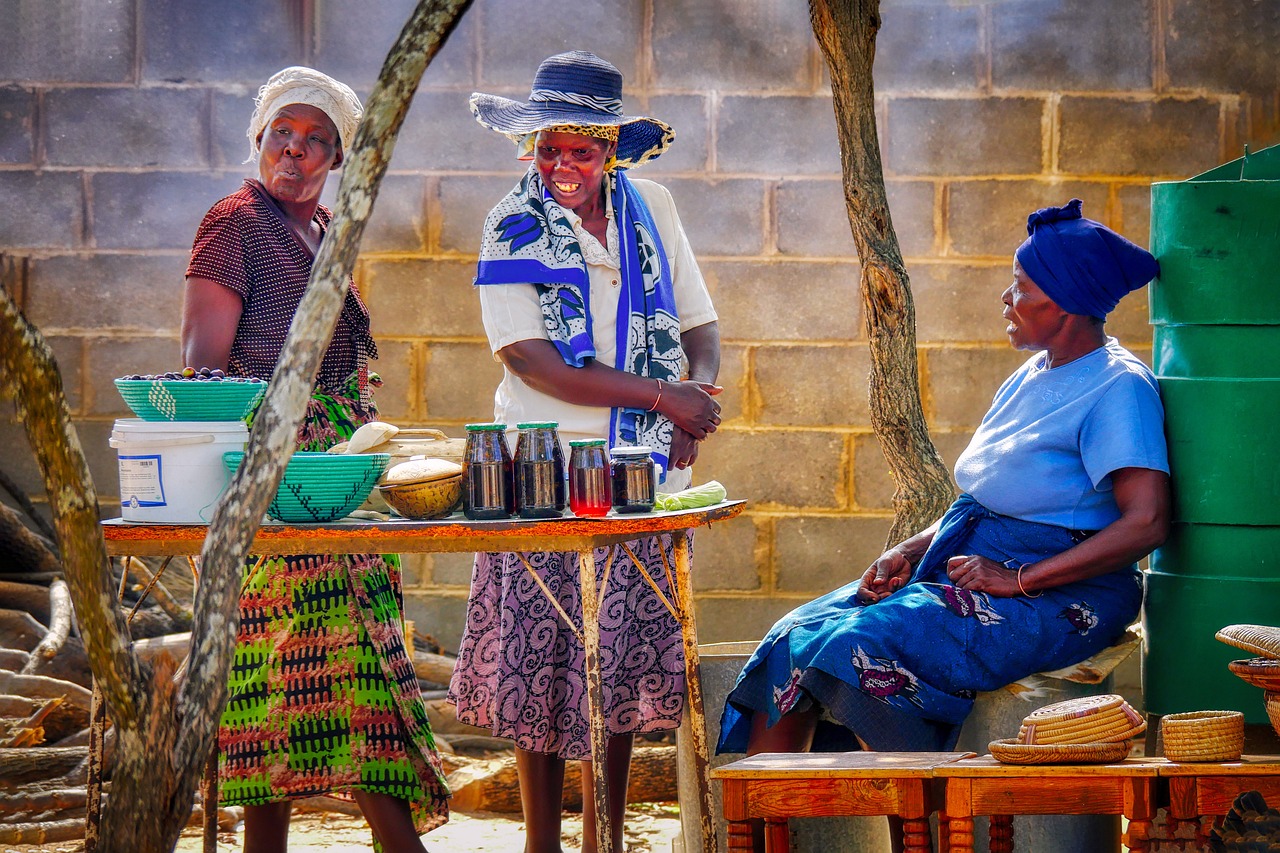NEWS

IN BRIEF
Civil Society organizations (DRG) working in the democracy, rights, and […]
SHARE
Civil Society organizations (DRG) working in the democracy, rights, and governance (DRG) sector in Zimbabwe are operating in a very fluid, dynamic, and unpredictable environment. Staying relevant and in this ever-changing context requires that organizations learn and adapt quickly, and to thrive, organizations must actively anticipate future trends, and innovate. Embracing this, Accountability Lab Zimbabwe leads the Democracy Rights and Governance Sector’s “Learning, Information, and Knowledge Exchange” (LIKE) community of practice within the DRG sector. This initiative aligns with the Lab’s strategic approach of fostering an accountability ecosystem by actively convening, coaching, mentoring and developing the next generation of accountability thinkers and practitioners.
The platform convenes DRG practitioners to share experience and learn, building knowledge and good practices. The LIKE Hub supports coordinated learning and continuous capacity strengthening among DRG sector programs. The LIKE meeting held on 31 January 2024 discussed “Integrating Gender Equality and Social Inclusion in DRG Sector .
The Zimbabwean environment is fluid, that is it is subject to continuous change. As such collaboration and knowledge sharing are essential for collective progress. Our individual experiences, successes, and even failures are valuable not just for our own organizations, but for the entire sector. Actively promoting peer learning through intentional information sharing is crucial, and we shouldn’t rely solely on funding partners to drive this agenda. The LIKE Hub brings together organizations of all sizes, creating spaces for shared learning, allowing us to collectively navigate the dynamic DRG landscape and ultimately achieve greater impact.
Key lessons on Integrating Gender Equality and Social Inclusion in the DRG sector
As a sector, we need to pay attention to the interpretation of gender terms and concepts in our programming. For example, terms such as gender equality and gender equity are normally used interchangeably yet they are different. Gender equity is the process of being fair to women and men. To ensure fairness, strategies and measures must often be available to compensate for the historical and social disadvantages that prevent women from operating on a level playing field with men. Equity leads to equality. Gender equality requires equal enjoyment by women and men of socially valued goods, opportunities, resources, and rewards. We need to understand these terms for us to design and implement our interventions appropriately.
As we design and implement our interventions in the DRG sector, we need to be cognizant of benevolent sexism which operates in conjunction with hostile sexism. Benevolent sexism is a subtle form of sexism that expresses positive attitudes towards women who conform to traditional gender stereotypes. These stereotypes typically portray women as nurturing, gentle, fragile, and dependent on men, reinforcing women’s subordinate status.
We need to consider intersectionality when designing and implementing DRG sector work. This means paying attention to the various forms of discrimination, such as those related to identity such as gender, class, disability, sexuality, race and other forms, recognizing that these do not work independently but intersect and overlap to produce unique experiences of discrimination. DRG sector interventions should holistically address the various forms of discrimination that militate against inclusive enjoyment of rights by vulnerable and marginalized people in communities.
We should constantly assess our interventions against the Gender Mainstreaming Continuum (GMC) to evaluate our progress in addressing underlying gender and social inclusion challenges. Interventions can be:
a) Gender blind which means they ignore gender issues altogether.
b) Gender aware – examine and address a culturally defined set of economic, social, and political roles
c) Gender exploitative – intentionally or unintentionally reinforcing or taking advantage of gender inequalities.
d) Gender accommodating – not only aware of gender differences but also adjusting and adapting to those differences.
e) Gender transformative – seeks to transform gender relations to promote equality.
Our work in the DRG sector necessitates that we should focus on gender transformative programming, seeking to address structural barriers to women’s participation in democracy and governance processes. Deliberate action to suffuse gender mainstreaming into our programming means we should:
1) Involve men and women in project design, implementation, monitoring, and evaluation -Include sex-disaggregated data
2) Formulate gender-sensitive or specific objectives, indicators, and activities
3) Strive for gender balance in the recruitment of staff or experts
4) Ensuring Meaningful participation of all social groups in DRG work
Use of gender markers: we should also consider using the various gender markers to assess the extent to which projects and interventions are gender and socially inclusive. The DRG sector can learn from various Gender Markers that have been developed by organizations like CARE International and IASC.
LIKE participants expressed a clear concern: gender and social inclusion haven’t been actively integrated into DRG work. This means interventions often miss the mark. To address this, organizations must continuously analyse their efforts through monitoring, evaluation, and learning (MEL) to identify and adapt practices that ensure gender and social inclusion.
Ultimately, DRG programs should aim to dismantle the structural barriers that prevent marginalized groups, including women and people with disabilities, from fully participating in governance and democracy. Simply including more diverse individuals in projects isn’t enough. The focus must shift to actively dismantling the systems that exclude them in the first place.
—–
Alois Nyamazana is the Monitoring Evaluation and Learning Manager
